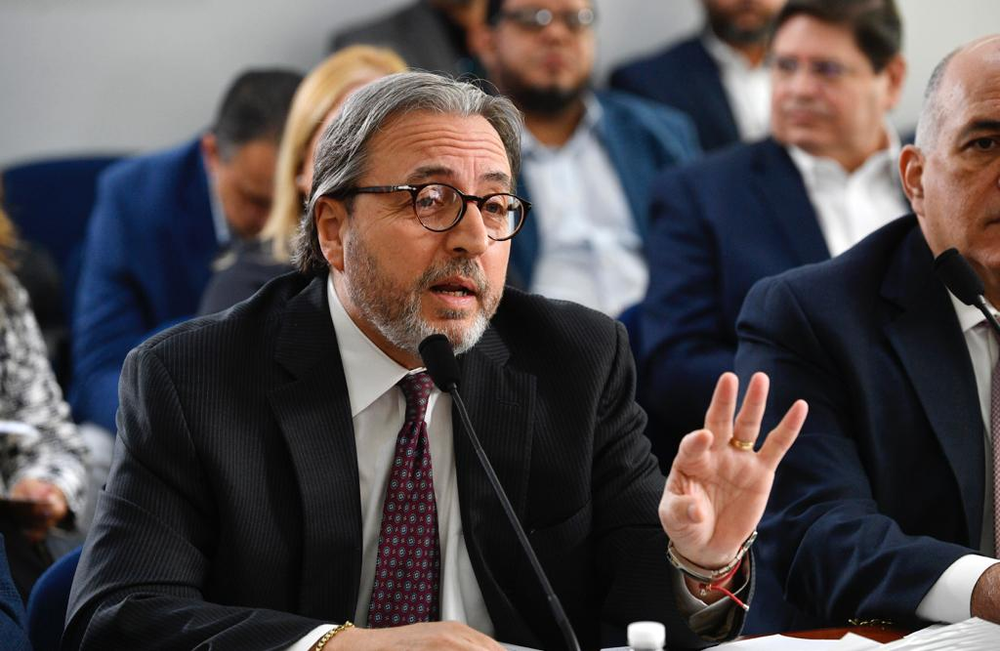
---
By January 2025, numerous municipalities in Puerto Rico might be grappling with a challenging financial outlook, warned Reinaldo Paniagua Látimer, Executive Director of the Municipal Revenue Collections Center (CRIM by its acronym in Spanish), on Tuesday.
Many municipalities are encountering budgetary difficulties following the removal of the Equalization Fund for municipalities and the implementation of government laws that adversely affected their financial resources, he stated.
The Equalization Fund, which allocated $300 million to the 78 municipalities, has been abolished, and discussions are underway regarding the future of the Capital Improvements Fund along with contributions to other financial pools.
“The Financial Oversight and Management Board … was attempting to reformulate how funds are allocated to municipalities and introducing certain limitations,” Paniagua Látimer remarked. “In essence, it is not problematic for them to specify the intended uses for the funds. The issue arises in an economic crisis like this one, where these funds must be utilized solely to address immediate issues. True? However, in addition to placing restrictions, the other complication is that the total amounts do not align.”
In addition to the Equalization Fund, municipalities have lost approximately $350 million from the Exemption Fund, along with other deductions, according to the CRIM director.
Furthermore, Paniagua Látimer emphasized that municipalities are being made accountable for financial obligations like those of the Vital health plan, which should fall under state responsibility.
“Funding the Vital health plan, which incurs annual costs of $162 million, ought to be entirely the state’s obligation rather than that of the municipalities, similar to how they are also contributing to the state pension fund; meaning, when they were required to match the employees’ payments dollar for dollar, since the municipalities had already made contributions, but now they are also tasked with pension payments,” he explained.
“We need to address this early in the year because we will begin to witness complex economic situations within the municipalities,” he added. “This is going to jeopardize their ability to continue providing services and managing payroll in a sustainable manner.”
